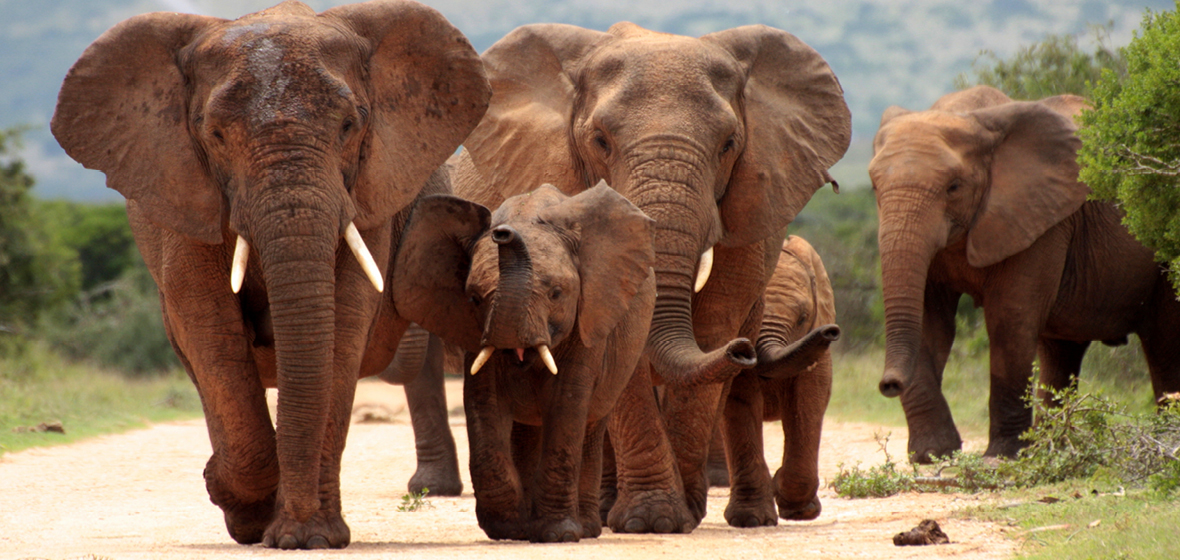Australia has the chance to join a growing number of nations including China, the UK and France, which are closing legal loopholes that allow domestic ivory markets and its illegal international trade to flourish.
China was the biggest market for elephant ivory in the world until 2016, when it announced it would shut down its domestic ivory trade by the end of 2017. For a country that had been trading ivory since at least the first century BC, this was a big step. Conservationists and environmental groups celebrated the news, but there was a sobering reality – markets did not simply collapse when trade was outlawed.
Demand for ivory in the classical world saw elephant populations in Syria and North Africa driven to extinction. Now the last remaining wild elephants in Africa and Asia face the same fate as the international community grapples with how to police illegal markets emerging in some of the most unlikely places.
For countries such as Australia, the complexities of the illegal wildlife trade may seem a world away, but a Joint Parliamentary Inquiry report published in September has accepted that Australia’s unregulated ivory and rhino horn market should be closed. With nothing to lose and so much to save, Australia’s inaction on banning the domestic trade of these animal products seems hollow.




